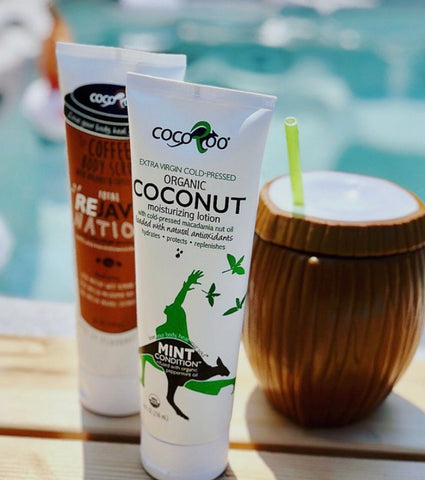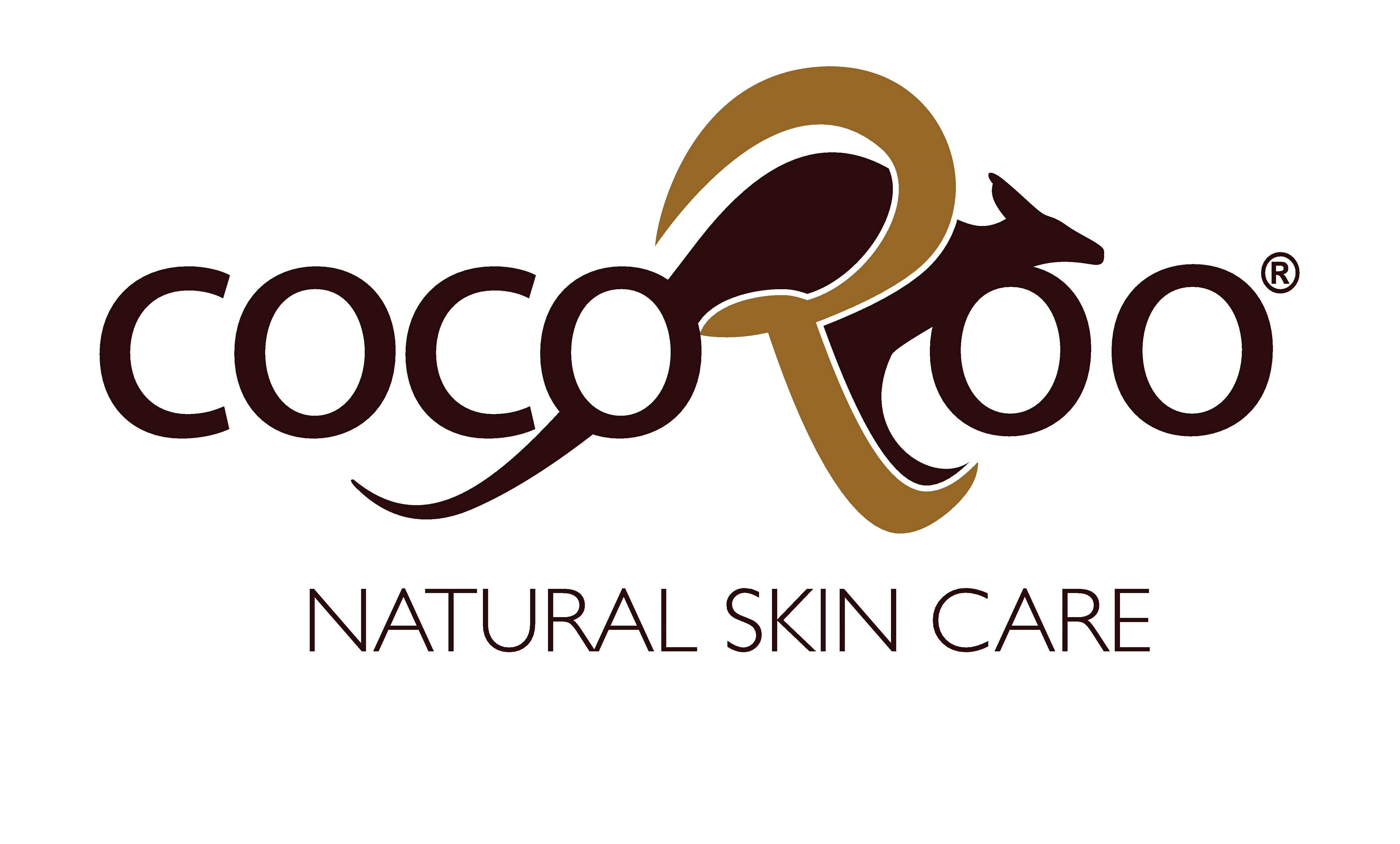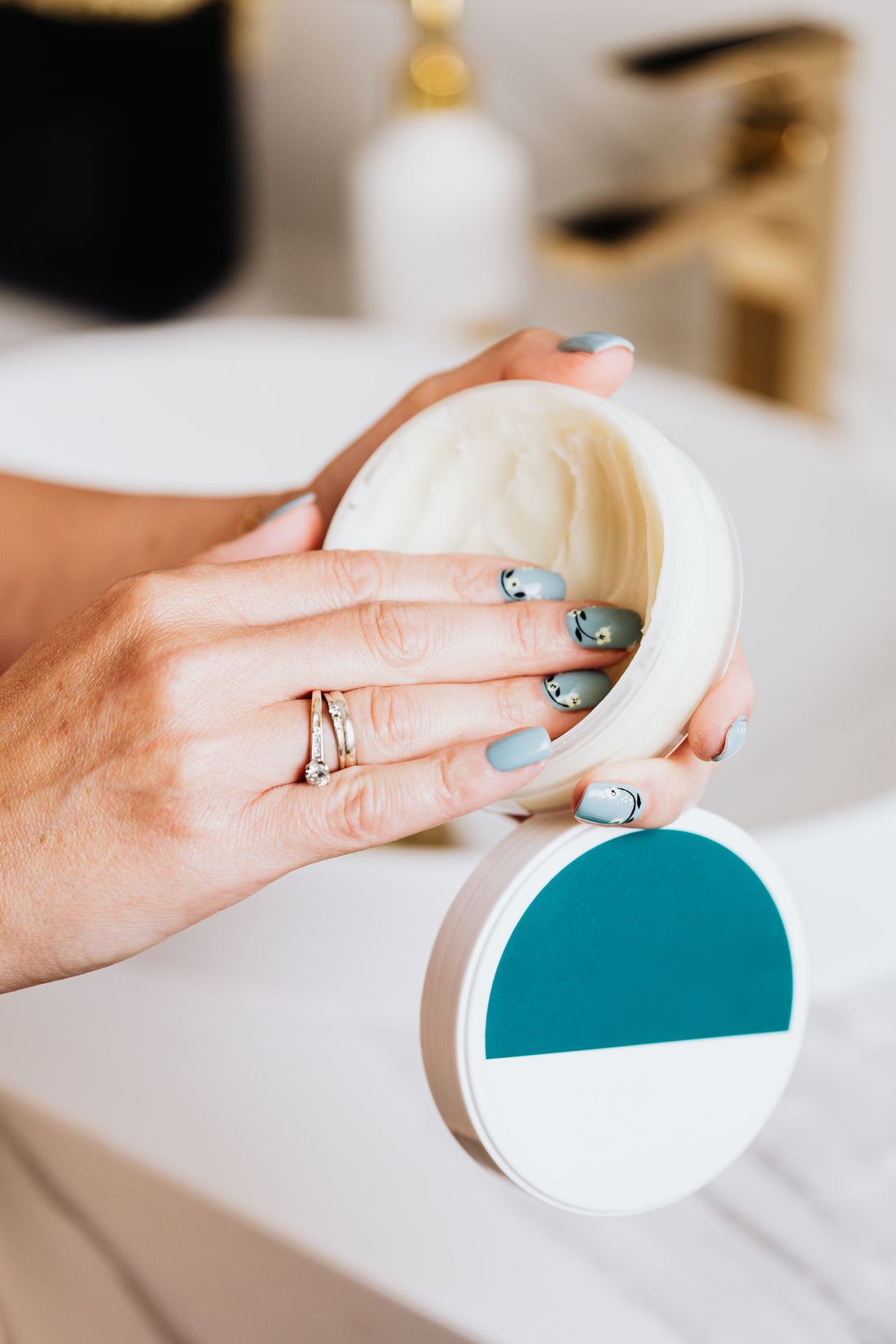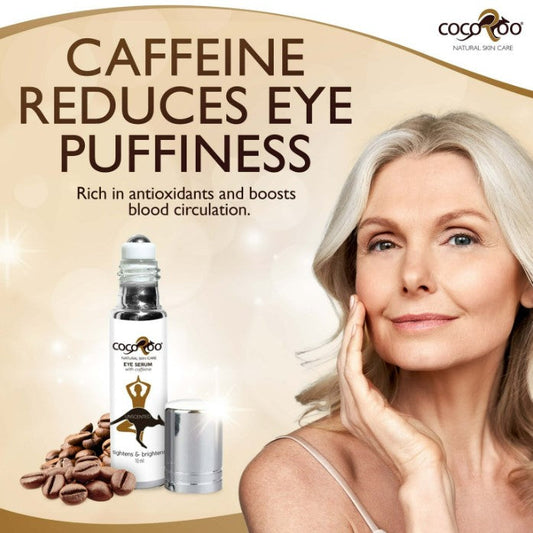Are you a double-dipper? No, I'm not talking about dipping your rice cracker into the spinach artichoke dip twice. I mean, do you have a habit of double- dipping your finger into a jar of cream to use on your face?

Putting a moisturizer or body scrub in a jar and then putting your fingers in that jar and putting your fingers on your face over and over again is irresponsible and, frankly, disgusting.
“Generally speaking, traditional jars are the least sanitary of all the different types of skin-care product," says dermatologist Joshua Zeichner, MD. "As you open the top and dip in your fingers, you are exposing the products to microorganisms, which increases the risk for contamination." Contamination! Microorganisms! In your moisturizer. "Using contaminated products can increase your risk of infections as the microorganisms are spread from the cream to your skin."
When it comes to contamination of skin care products. They are the perfect breeding ground for:
- Bacteria
- Mold
- Yeast

Most cosmetics contain an abundant amount of water and nutrients providing good substrates for the survival of a variety of microorganisms. The microbial contamination of cosmetics and the survival of microorganisms can deteriorate the quality of the cosmetic product and seriously affect human health.
Your fingers and hands are dirtier than you think and contamination of your skin care products happens in the blink of an eye. Even if you wash your hands, nasty little germs will still be hiding underneath your fingernails and once they get into your product and begin to multiply, look out. Even more concerning is that they are not always visible to the naked eye until they begin to proliferate.
Pathogens in cosmetics can cause all kinds of health problems: skin and eye infections, strep throat, toxic shock, thrush and a bunch of other nasty stuff.
Many mainstream cosmetics companies use harsh, potentially toxic preservatives like parabens, phenoxyethanol, formaldehyde and triclosan because they know pathogens in cosmetics pose a real danger. Preservatives commonly used in topical formulations possess a well-known antibacterial activity on major pathogens such a S. aureus and Escherichia coli (E. coli).
There is growing evidence that pollutants, phthalates, and other chemicals, also included in cosmetic products can act as endocrine disruptors, interfering with the skin neuroendocrine system.
It's important when you use skin care products to follow these basic guidelines
- Ensure you have clean, washed hands
- Never, never double-dip! This is particularly important with jars of cosmetics; tubes keep the contents cleaner for longer
- Sterilize brushes, sponges, and cloths after each use
Many brands make very nice moisturizers and scrubs that don't require putting your appendages in there: tubes, pumps, even pump jars.
A good rule of thumb (or finger) is to use anything in an open jar within three months of opening. If the product contains lots of natural plant oils, they could be more prone to oxidation and hence will oxidize over time and each time you expose your product to air. Extracts such as Coconut Oil, Rosemary or additional Vitamin E can tend to prolong the shelf life so look out for those ingredients in your natural and organic products.
CocoRoo Natural Skincare will never use jars. Ever. They are simply disgusting. We will also never use bags. Lots of the current crop of imitation coffee scrubs use paper bags. Also not great.

Soft touch squeeze tubes are important for CocoRoo products and this is because we think constantly about improving your health. We are not home made, jar fillers, like many new skincare product lines. It’s easy to put something in a jar and sell it like they could be beneficial. If it’s in a jar or bag the answer is do not use it.




